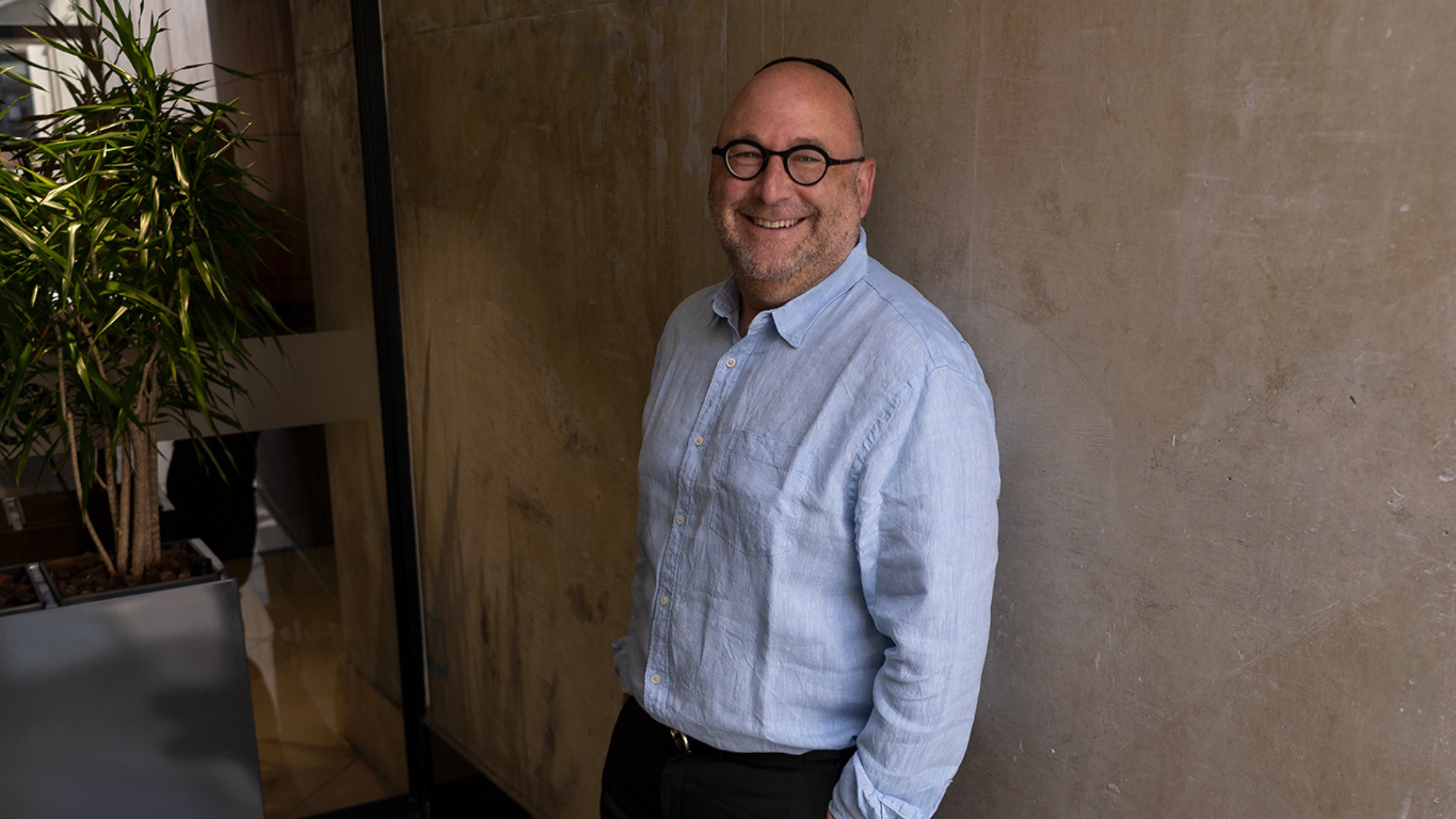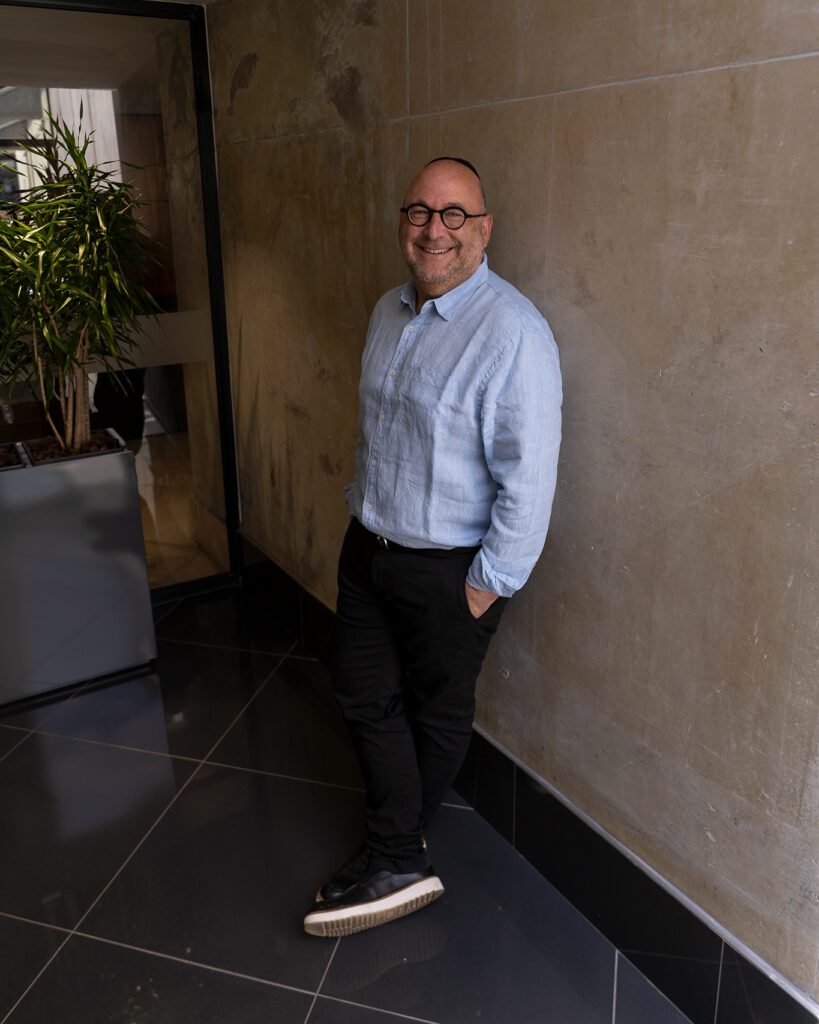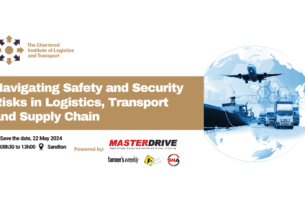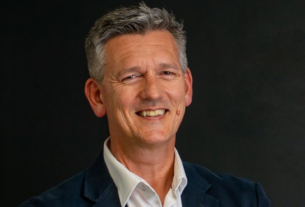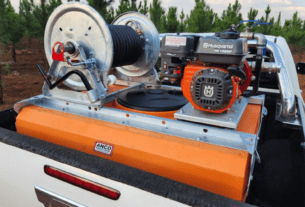Back in 1995, former World Bank vice-president Dr Ismail Serageldin said: “If the wars of this century were fought over oil, the wars of the next century will be fought over water — unless we change our approach to managing this precious and vital resource.”
With extreme weather conditions, likely as a result of climate change, his point (similar to one made by author Steven Solomon), seemed to be a reasonable assumption. And yet, 23 years into this century it appears that there are still wars being fought over resources other than water.
I contend that the latest wars are being fought over public opinion, reporting, focus and attention. And it is a front on which the battle is arguably aggressively fought, cruel and vicious. Worse, “soldiers” are often disguised, hide behind anonymity or are duplicitous in nature.
Consider how information and opinions were disseminated in the past. News publications would rely on correspondents or contracts with organisations that would feed them the information from a conflict zone. Space in the print edition (the only option), was limited and so the relevant editor would assess what was important to publish. Opinion and editorials would be printed on a similar bases and letters from readers carefully checked.
The danger was that the editor had immense power.
The internet, social media and Arab Spring saw this change. The so-called democratisation of the news meant that every person could become a reporter, news was more immediate and that everyone was able to share their view.
As brilliant as the change was, it also meant that the verification of news and the abuse by anyone with nefarious intentions, could abuse the system in order to win the mind of the unsuspecting.
South Africans have found themselves to be vulnerable in this space. The well documented Bell Pottinger episode where the Jacob Zuma administration used “White Monopoly Capital” to shore up support and create a divide amongst South Africans, is a case in point. So too have we seen the “support” of Russia’s invasion of Ukraine on social media, made to seem more extensive than it is by the use of bots.
And yet, one of the most relevant examples is the Hamas and Israel war, currently raging in Gaza.
As a Jew and a Zionist I might not be well placed to deliver a perfectly objective view of the current conflict. But because of my interest, I am also more knowledgeable, which makes me more alert to unverified news, “fake news” to the use, for examples, of photos from Syria being touted as being from Gaza, or of staged scenes and misinformation.
I am aware that Hamas is not a credible source of news and of information and that whereas some might think that Israel is credible, others will not.
More than this, I am also aware that we have limited capacity to focus, which means that when we focus on one conflict, we are likely to be ignoring others.
In South Africa where almost every area of our lives and existence is at risk, our focus elsewhere comes at a cost. Allowing the African National Congress to divert our attention to a conflict that has little impact on us, is dangerous. Although we think that we are capable of having many conversations at the same time, this is not strictly true. If we are talking about Gaza, it means we are not talking about South African electricity or water. If we are speaking about civilian deaths in the Middle East (which is important), it means that we are speaking less about the shockingly high murder rate in South Africa.
If we are speaking about the infrastructure in Gaza, it means that we are probably not demanding that the mayor of Johannesburg be held accountable for the degradation of the city.
I do not endorse the turning of a blind eye to human rights concerns around the world, but I do endorse making sure that what we choose to be outraged by, is accurate and verified. We should not forget that as important as the water supply in Gaza is, it is also important that South Africans are able to open their taps with confidence.

